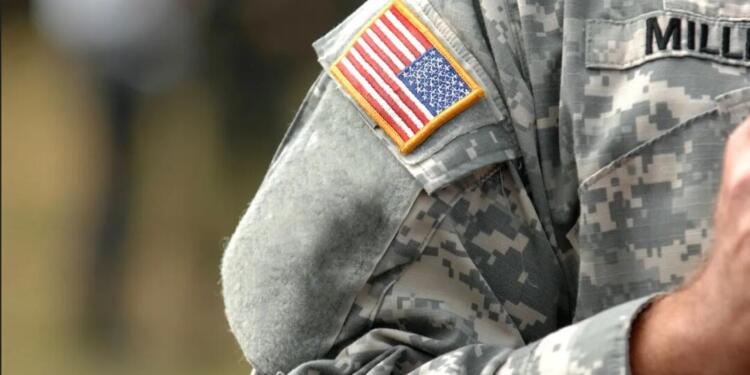Camp Lejeune is a prominent U.S. Marine Corps base located along the scenic Crystal Coast in North Carolina. While it’s known for its strategic military significance, it may surprise you to learn that civilians are allowed to visit under specific conditions. Whether you’re attending an official event, visiting family, or exploring the area, understanding the rules is essential.
Accessing a military installation comes with responsibilities. Camp Lejeune operates under strict protocols to ensure the safety of both personnel and guests. As a visitor, you’ll need to comply with entry procedures, conduct guidelines, and safety protocols to ensure a smooth experience.
This is especially important considering past incidents like the Camp Lejeune accident, which highlighted the importance of adhering to safety regulations. From obtaining visitor passes to understanding emergency procedures, this guide will help you prepare for a secure and respectful visit.
Safety Considerations and Emergency Procedures
Camp Lejeune enforces strict safety protocols to protect both service members and guests. Stay on marked roads, avoid restricted areas, and follow instructions from security personnel during emergencies. Evacuation routes are clearly marked and must be followed without delay.
Every base has an emergency notification system, and your sponsor should explain how it works. If you’re staying overnight, familiarize yourself with the nearest medical aid stations and base security contacts. These steps aren’t just formalities; they’re in place to prevent risks and ensure everyone’s safety.
Visitor Passes and Base Access Requirements
To visit Camp Lejeune, civilians must secure a visitor pass, which requires sponsorship from a military member or authorized government employee. Your sponsor will enter your details, like your full legal name and vehicle information, into the Defense Biometric Identification System (DBIDS). Once approved, you’ll receive a pass valid for a specific time period.
Keep in mind that only authorized personnel can escort you through the gates. Processing can take time, so your sponsor should plan ahead and stay updated on delays.
Identification and Paperwork to Bring
At the gate, have a government-issued photo ID (such as a passport or driver’s license) along with your visitor pass. If your pass is digital, ensure it can be accessed offline or have a printed copy ready; cell service may be limited.
Also, bring any supporting documents related to your visit, such as event invitations or official orders. Misplacing paperwork can lead to long delays or denial of entry until your sponsor steps in.
Vehicle Inspections and Permitted Items
Camp Lejeune may conduct random vehicle inspections at entry points. Security teams are trained to identify restricted or dangerous items. While most personal belongings are allowed, you cannot bring firearms, ammunition, drugs, outside alcohol, or unauthorized weapons onto the base.
Double-check with your sponsor or the base’s official website to confirm what’s permitted. Removing restricted items ahead of time helps avoid unnecessary delays or complications.
Rules of Conduct and Base Etiquette
Once inside, follow all posted signs, speed limits, and base protocols. Certain zones, like training ranges or operational areas, are off-limits without clearance. Photography is typically allowed in public areas but never in restricted zones. Ask your sponsor if you’re unsure.
Always respect military personnel, especially Military Police. Even minor rule violations can lead to immediate removal or restrictions on future visits. Stay alert near live training or firing areas, and follow orders promptly.
Facilities and Services Available for Civilians
Camp Lejeune offers several amenities to civilian guests, including dining areas, post exchanges, and MWR (Morale, Welfare, and Recreation) services like pools, gyms, and beaches. Access may require a guest pass or MWR card; check with your sponsor for eligibility.
If you’re staying with a service member, they may be able to provide access to base housing events, family centers, or even golf courses and lodging facilities. Always ask in advance about any policies, fees, or guest limitations.
Conclusion
Visiting Camp Lejeune as a civilian is entirely possible with the right preparation. Secure a visitor pass through a sponsor, carry valid ID and documents, and be aware of vehicle and access rules.
Respect safety regulations, understand emergency protocols, and use base facilities wisely. With thoughtful planning, your visit can be both enjoyable and meaningful while showing respect for the military mission and history of Camp Lejeune, including the lessons learned from the Camp Lejeune accident.


























